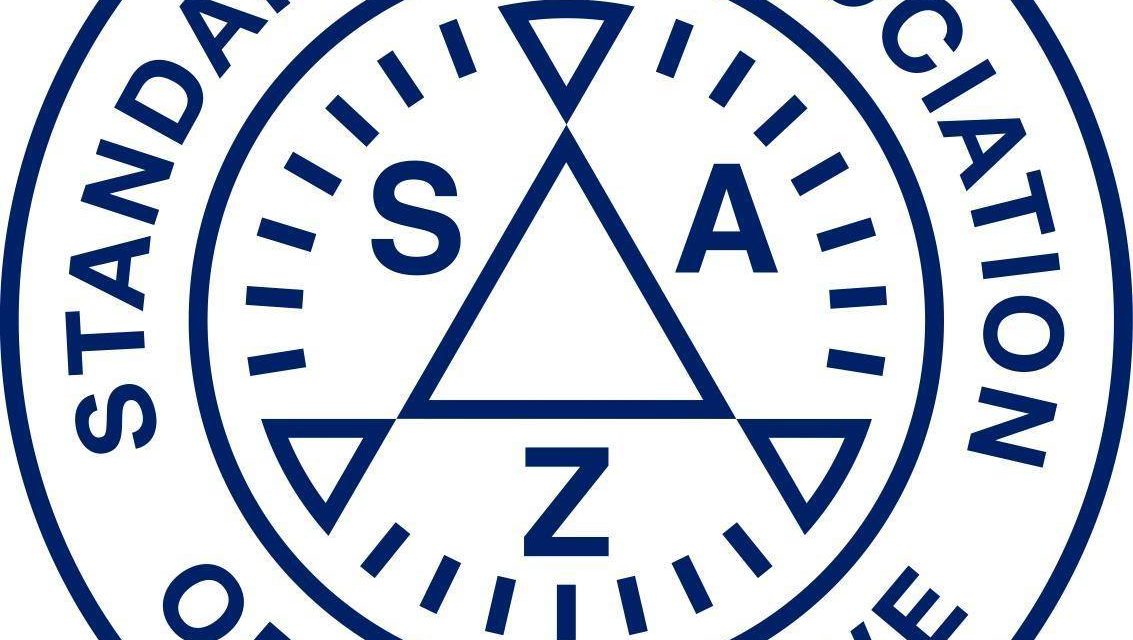The Standards Association of Zimbabwe (SAZ) is the national standards body of Zimbabwe. It is a not-for-profit non-governmental organisation that was formed in 1957 and incorporated in 1960. Its main functions are:
- To create and publish Zimbabwean national standards;
- To promote an understanding of standards and their requirements by offering training services to those who need them;
- To provide technical services such as the testing of manufactured goods and raw materials in addition to the calibration of equipment;
- To encourage the use and adoption of Zimbabwean national standards by offering registration and awarding certification to local organisations, companies and even individuals;
- To provide assistance and information on the standards used locally in Zimbabwe, in other countries, regionally and internationally.
SAZ is also a member body of the International Standards Organisation (ISO).
What is the standard?
The simplest definition of a standard is that it is just an agreed-upon way of doing something. Standards come in many forms to serve any of several purposes. For instance, standards can be created for how particular products are manufactured or how certain services are delivered. SAZ in particular has developed standards for a huge range of technologies, industries and business sectors in Zimbabwe.
For organisations such as SAZ, a standard is a formal document which is created through the consensus of participating stakeholders which is approved and endorsed by a recognized body which facilitates its common and repeated usage. Such standards provide rules and guidelines for certain activities and/or their outcomes. For example, an activity such as the manufacture of a particular product can have a standard associated with it and so can the manufactured end product itself (the outcome).
What does SAZ have standards on?
SAZ has a broad range of standards which are continuously getting added to or updated. The association develops standards for a wide range of products, services, technologies, industries and business sectors in the country. These standards range from those intended for traditional activities such as farming and construction to those targeted at the latest technological developments.
How much authority does SAZ have?
The adoption of SAZ standards by any organisation or institution is voluntary. As mentioned earlier, SAZ is a non-governmental organisation and therefore it has no power to enforce the implementation or adoption of any of the standards which it develops. However some SAZ standards—especially those concerned with health, safety or the environment—have been adopted by regulatory authorities or the government. However, the decision to adopt and enforce these standards is still made by the government or the regulatory authorities.
Who develops SAZ standards?
Standards are developed by the very people who need them who may also be part of the SAZ community. Relevant experts and industry stakeholders develop the standards that are required by their respective sectors. When a certain industry or business sector feels the need for a standard, it communicates these requirements to the SAZ Standards Development Section. If the proposed standard is accepted it is assigned to one of the existing technical committees. SAZ also only develops standards for which there is a clear market need.
How using standards benefits businesses
Unlike regulations which you are compelled by the law to comply with, the implementation of any one or more SAZ standards by a business is purely voluntary. One may then wonder what the point of taking on the additional work of complying with standards drawn up by a body which cannot enforce them is. The answer is that a business’ compliance with standards, such as those created by SAZ, not only benefits its customers, society or the world at large but it can also extensively benefit the company itself.
The implementation of various standards (and the accompanying certification) can help a business retain its existing customers and help it enter new markets. Some business contracts and tenders are also only available to standards-compliant businesses. Standards can also help a business allocate its resources more efficiently, get its products to market quicker, compete more effectively with larger organisations, gain access to bigger clients etc. Implementing the right standard and getting certified for doing so can sometimes be just as effective a marketing tool as several dozen glowing customer reviews or testimonials. Standards can also play a huge role in helping businesses break into international markets.
How to implement SAZ standards in your business
The Standard Association of Zimbabwe has many different standards which businesses can implement. If you are not quite sure which standards to implement you can try looking for the standards which are most commonly being used by the other businesses in the same sector or industry as you are. Browse through their websites, marketing materials or product packaging. Alternatively, you can also visit the SAZ website to literally shop for the many published standards which may be relevant to your line of business—SAZ actually charges a fee for these.








